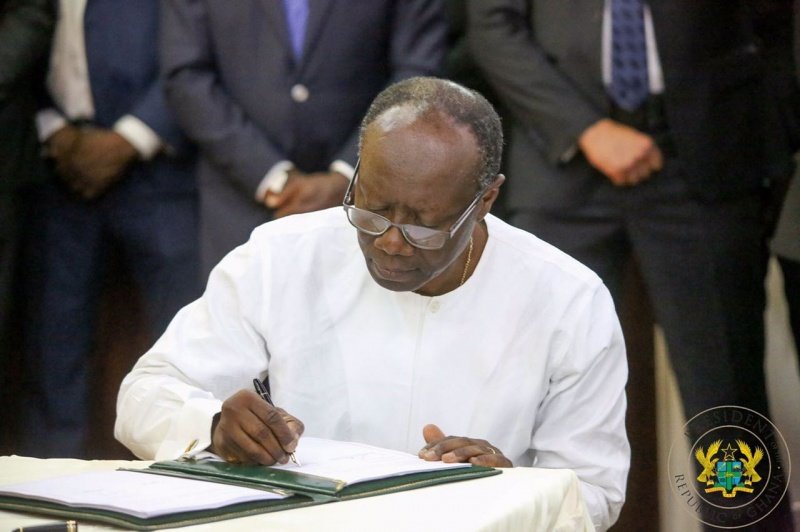
Fitch Ratings has said Ghana’s high level of credit risk following the downgrade to CC reflects the increased likelihood that the country will pursue a debt restructuring as interest costs surge.
This according to Fith is possible given mounting financing stress, with surging interest costs on domestic debt and a prolonged lack of access to eurobond markets.
“There is a high likelihood that the IMF support programme currently being negotiated will require some form of debt treatment due to the climbing interest costs and structurally low revenue as a percentage of GDP,” Fitch said when it lowered Ghana’s long-term issuer default rating to CC on Friday.
The most recent IMF debt sustainability analysis, conducted in 2021, found Ghana at a high risk of debt distress and vulnerable to shock to market access and high debt servicing costs.
Interest costs have risen substantially since then.
Downgrade to CC
Fitch Ratings has downgraded Ghana’s Long-Term Local- and Foreign-Currency Issuer Default Ratings (IDRs) to ‘CC’, from ‘CCC’.
Fitch typically does not assign Outlooks to issuers with a rating of ‘CCC’ or below.
There is currently tight space for fiscal consolidation in the fragile economy.
Ghana’s economy races against time to tie down a bailout programme as the economy struggles against the backdrop of higher inflation, tighter financial conditions, and weaker growth.
The country’s inflation rate climbed to the highest level in 21 years in August fueled by a slide in the cedi. Consumer prices surged 33.9% in August from 31.7% in July.
Ghana is in dire need of a $3 billion package from the IMF to shore up its economy.




